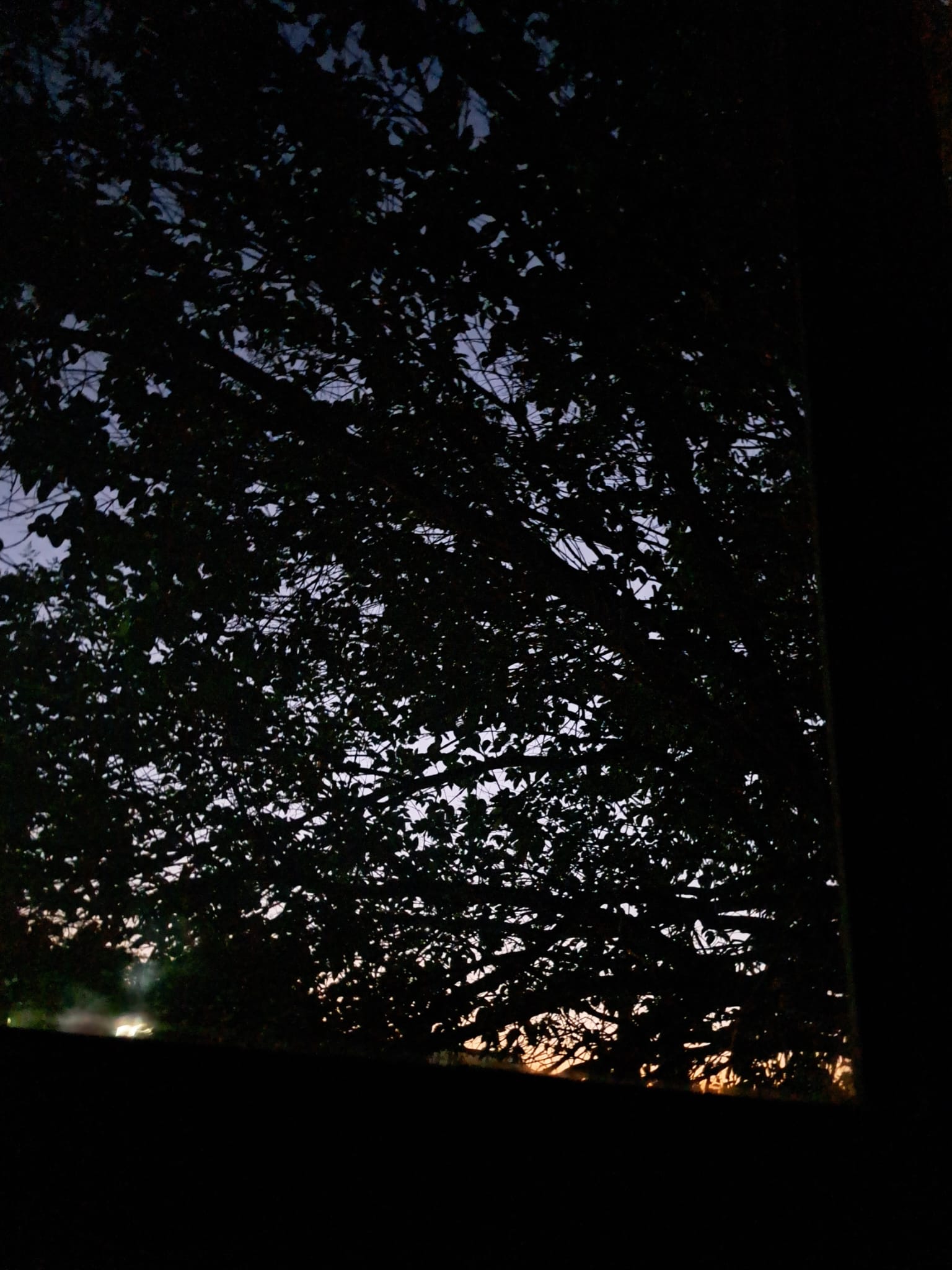by Corry Shores
[Search Blog Here. Index-tags are found on the bottom of the left column.]
[Central Entry Directory]
[Primitivism, Entry Directory]
[Shepard, Coming Home to the Pleistocene, Entry Directory]
Wild species, not an illuminated Nature, are the components of wilderness. Animals and plants are correlates of our inmost selves in a literal as well as metaphoric sense -- literal in the identity of their DNA and our capacity to analogize them as a society. (138a, emphasis mine)
The corporate enterprise in the use of the earth is not interested in either human or natural well-being. Its claims of altruism are made by hired publicists and its sole purpose is to convert the "resources" of the earth into money for its investors. The "trickle-down" benefit for the mass of humanity and for the order of nature is one of the great lies of our time. (138b)




.jpg)





































No comments:
Post a Comment